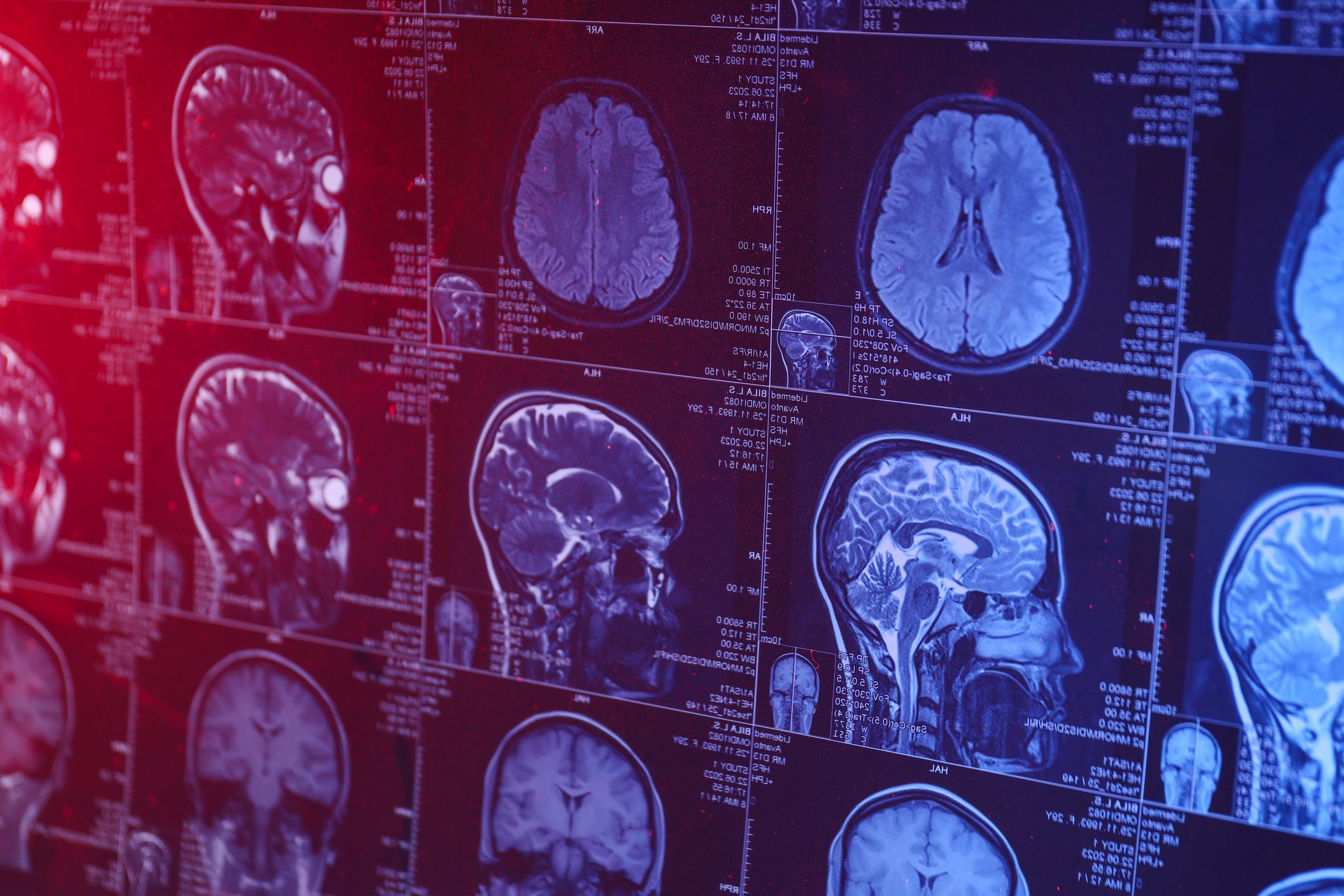Scientists can now tell us why love confuses the brain.

- The brains of people in love react differently because of oxytocin, the love hormone.
- But it’s the combination of oxytocin and dopamine that causes a loved one to take on special significance.
- Oxytocin is the love hormone and dopamine is the pleasure molecule.
What does falling in love mean? Difficult to answer this question scientifically. Researchers from L’Australian national university (ANU)of the University of Canberra and of the University of South Australia tried to do this, by examining what happens in the brain. Their work was published in the journal Behavioral Sciences.
Love and the brain, a mystery
“We know very little about the evolution of romantic love, explains Adam Bode, author of the study, in a communicated. Romantic love is believed to have first appeared around five million years ago (…). We know that the ancient Greeks philosophized a lot about it, recognizing it as both an amazing and traumatic experience. The oldest love poem ever found dates from around 2,000 BC.”
To solve this mystery, scientists interviewed more than 1,500 young adults in love in order to better understand their brain’s behavioral activation system (BAS). They had to answer a survey on the emotional reaction towards their partner, their behavior towards them and the attention they gave them.
Next, the researchers studied a subsample of 812 young adults who had been in a relationship for two years or less. For this, they used the BAS-SLO scale (Behavioral Activation System – Sensitivity to a Loved Onetranslated as behavioral activation system – sensitivity to a loved one).
Brain blurring through love: oxytocin and dopamine responsible
Results: the brains of people in love react differently because of oxytocin. In the brain, the release of this love hormone is believed to be responsible for the euphoria we feel when we are in love. But not only…
Strong BAS activity also results in the release of dopamine, the pleasure molecule. And so this is the combination of oxytocin and dopamine which activates brain pathways associated with positive feelings and causes a loved one to take on special importance.
“We know the role oxytocin plays in romantic love because waves of oxytocin circulate through our nervous system and blood when we interact with our loved ones, says Dr Phil Kavanagh, another author of this study. However, the way loved ones take on special significance is due to the combination of oxytocin and dopamine, a chemical our brains release during romantic love. Love activates brain pathways associated with positive feelings.“
In the future, scientists intend to continue their research to better study the differences between men and women in their approach to love.
















